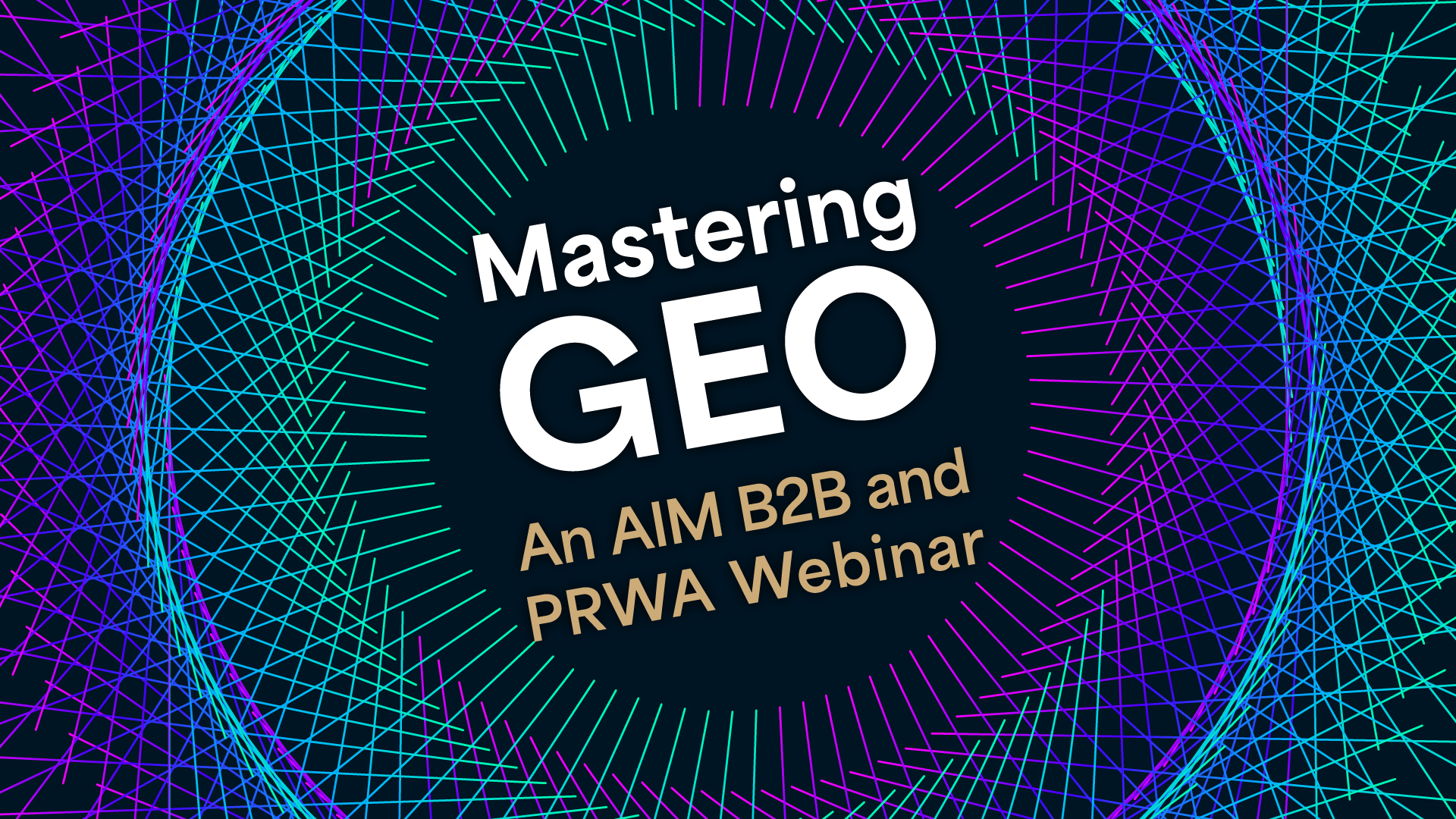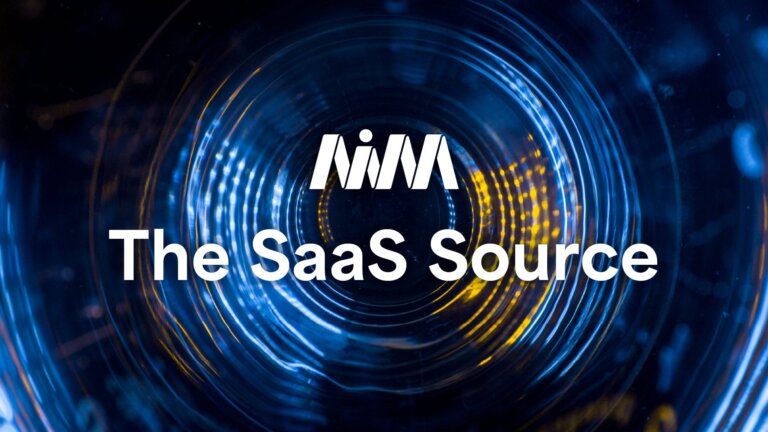- Blog
・ August 27, 2025
Mastering GEO: An AIM B2B and PRWA Webinar

Our Tokyo-based members at AIM B2B invited PR World Alliance (PRWA) members to join a webinar to learn more about how to increase their presence using Generative Engine Optimization (GEO). Our CEO, Robert Heldt and Content Strategy Director, Ignacio Joshua Dávalos Sosa, highlighted the rapid growth and advancement of AI-driven search platforms and how user behavior is shifting to increased reliance on AI models rather than traditional search engines. If you missed the seminar, you can watch the conversation below.
GEO is a new digital marketing strategy designed to help brands adapt and grow as AI becomes popularized for daily work and private usage. GEO focuses on content to be recognized and cited for AI-generated answers and summaries while the goal of traditional search engine optimization (SEO) is to get websites to appear on the first page of results.
As consumers increasingly rely on AI applications such as ChatGPT, Gemini and Perplexity, businesses risk missing out on exposure and promotion if their content isn’t properly optimized. How people find information and discover brands is shifting from keyword-based searching to conversational, natural language queries.
Evolving Search Landscape
During the early stages of search engines in 1995, simple keywords and links were the key to being found. From the mid-2000s, search algorithms evolved to prioritize quality sites, natural language processing and a user’s search intent. Now, with the rise of AI search, the focus has completely switched to GEO.
Search engines now offer “zero click” functions where users can get a quick and direct AI-generated summary that answers their question without ever leaving the search results page. But without people clicking on the links, “zero click” functions have become a major concern for businesses that rely on Google traffic. Data shows that when AI Overviews (AIO) are displayed, organic click-through rates (CTR) can plummet. For queries with AIOs, organic CTR dropped from 1.41% to 0.64% over the past year.
However, if utilized properly, AI search presents a new opportunity for businesses, even small ones. Unlike traditional search where the highest-ranking content is favored, AI models prioritize the best answers, regardless of where they are on a website. According to one study, nearly 90% of ChatGPT’s citations came from pages ranked 21 or higher in traditional search results.
How to Optimize for GEO
Optimizing for GEO doesn’t mean discarding old SEO strategies; instead, it’s a good basis to adapt and build from. A strong SEO foundation is crucial, but GEO requires focusing on comprehensiveness and conversational alignment. The key is to make content that’s both human and AI-friendly.
Here’s how we do it:
Focus on Content Quality & Structure
- High-Quality Content is King: Continue creating valuable, well-researched and trustworthy content that directly answers your audience’s questions.
- Emphasize E-E-A-T: Content should demonstrate Experience, Expertise, Authoritativeness and Trustworthiness. This can be done by including data-driven insights, statistics and expert citations.
- Structured Formatting: Use clear headings, subheadings and bullet points to help humans and AI models understand the flow and hierarchy of the content. Improve readability by sticking to one idea per paragraph.
- Add Semantic Signals: Use guiding phrases such as “In summary,” “Step 1” or “The most important” to help AI models easily extract information.
- Direct Answers: Provide direct answers to common questions, ideally near the beginning of relevant sections. Create an FAQ section that anticipates conversational queries such as “How do I…?” or “What is the best …?”.
Write for Conversational Search
- Go Beyond Keywords: Users of AI tools ask full questions and express intent rather than simple keywords and phrases. Instead of “best hotels Tokyo,” a user might ask, “What are the best luxury hotels in Tokyo near Shinjuku with a pool?” People need to optimize and cater content to answer complex and conversational queries.
- Anticipate User Needs: Create content that provides direct, valuable answers to the exact questions users are likely to ask.
Track New Metrics
- Monitor AI Mentions: Companies should monitor how often their brand is cited in AI Overviews alongside tracking traditional search rankings.
- Diversify Traffic Sources: Understand that as AI search grows, organic search traffic may decrease by 50% or more by 2028. Chief Marketing Officers need to prepare for this disruption by diversifying their marketing channels.
By adopting GEO strategies, companies can position their brand as a leading expert in their niche, attract high-intent leads and gain a strategic advantage over competitors who are still chasing generic search traffic.
If you’re looking for an integrated B2B Marketing agency that understands Japan, contact us to learn how we can help your business thrive in this complex market.
Share
Author
Category
- Branding
- Digital Experience






